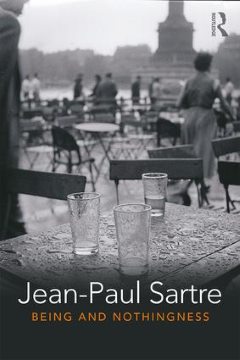Livre
Résumé
What gives our lives significance, Sartre argues in Being and Nothingness, is not pre-established for us by God or nature but is something for which we ourselves are responsible. At the heart of this view are Sartre’s radical conceptions of consciousness and freedom. Far from being an internal, passive container for our thoughts and experiences, human consciousness is constantly projecting itself into the outside world and imbuing it with meaning. Combining this with the unsettling view that human existence is characterized by radical freedom and the inescapability of choice, Sartre introduces us to a cast of ideas and characters that are part of philosophical legend: anguish; the "bad faith" of the memorable waiter in the café; sexual desire; and the "look" of the Other, brought to life by Sartre’s famous description of someone looking through a keyhole. Above all, by arguing that we alone create our values and that human relationships are characterized by hopeless conflict, Sartre paints a stark and controversial picture of our moral universe and one that resonates strongly today.
Détails | Table des matières
freedom
Détails de la publication
Maison d'édition: Routledge
Lieu de publication: London-New York
Année: 2018
Pages: 848
ISBN (hardback): 9780415529112
Citation complète:
Sartre Jean-Paul, 2018, Being and nothingness (S. Richmond, Trans.). London-New York, Routledge. (Original work published 1943)










